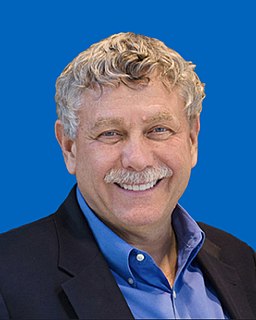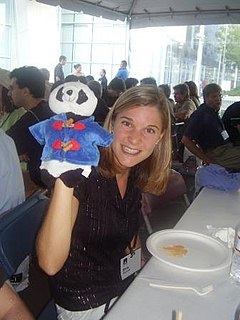A Quote by Eric Lander
We now know 600 different genes involved in cancer - giving rise to new drug targets.
Related Quotes
A cancer is not simply a lung cancer. It doesn't simply have a certain kind of appearance under the microscope or a certain behavior, but it also has a set of changes in the genes or in the molecules that modify gene behavior that allows us to categorize cancers in ways that is very useful in thinking about new ways to control cancer by prevention and treatment.
Epigenetics doesn't change the genetic code, it changes how that's read. Perfectly normal genes can result in cancer or death. Vice-versa, in the right environment, mutant genes won't be expressed. Genes are equivalent to blueprints; epigenetics is the contractor. They change the assembly, the structure.
While nobody has identified any gene for religion, there are certainly some candidate genes that may influence human personality and confer a tendency to religious feelings. Some of the genes likely to be involved are those which control levels of different chemicals called neurotransmitters in the brain.






























